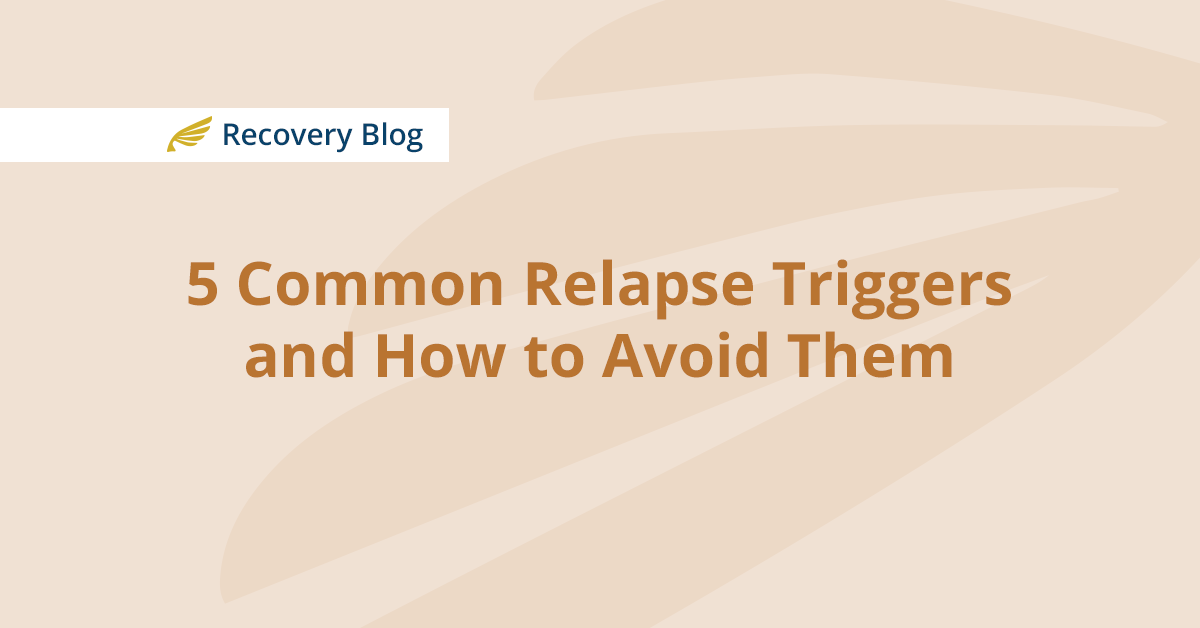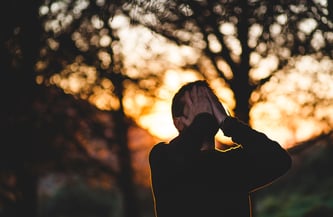Giving Thanks: The Power of Mindfulness in Recovery
Because of the rush around the holiday season, we often forget that Thanksgiving is not just about...

The holidays can be a difficult season to navigate if you are currently recovering from a substance use disorder. Here are 5 common relapse triggers and how you can avoid them.
1. Stress
This is the most common reason for relapse, since many people who previously coped with stress by indulging in drugs or alcohol, now do not know where to turn.
2. Loneliness

This year may be especially isolating for many, due to the effects of COVID-19.
3. People/places associated with addictive behavior
4. Times of celebration
Whether holiday celebrations evoke positive or negative feelings, alcohol is commonly served as a way to celebrate.
5. Overconfidence
Just because you have been sober for a time, does not make you invincible to the temptations of relapsing. You could be thinking, “it’s just a sip, I can handle it” when participating in a celebratory toast, but that one sip could be a slippery slope that you don’t want to go down.
Remember that a relapse is not a failure. If recovery was easy, everyone would do it. Instead of giving up after a relapse, try to determine which emotions or situations led you to relapse so that you know how to effectively handle them in the future. If you were able to be sober once, you can do it again. Download our free ebook for more ideas on how to stay sober during the holidays, and if you need support during this time, please do not hesitate to contact us. We can give you a free consultation and help you find a treatment program that is best suited for you.
Because of the rush around the holiday season, we often forget that Thanksgiving is not just about...
Substance use disorders are complex and sensitive but a comprehensive treatment plan that includes...
For many, rather than being a season of gladness and hope, the holidays are filled with grief and...